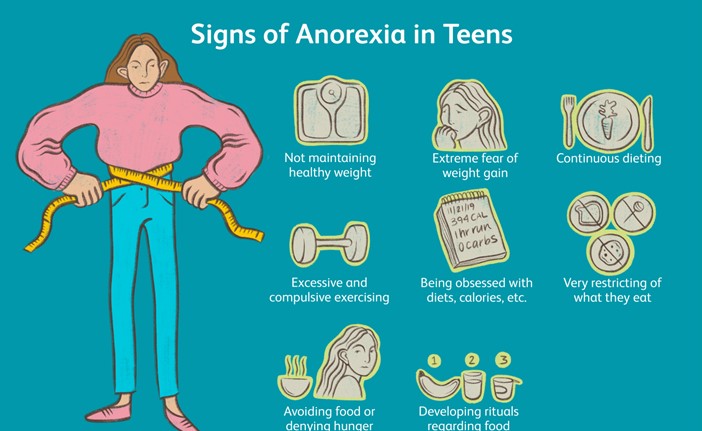A nurse is caring for a client who has anorexia nervosa and insists on exercising three times each day. Which of the following actions should the nurse take?
Remind the client that if her weight decreases, she will lose a privilege.
Allow the client to exercise once per day for a set amount of time.
Ask the client why she feels the need to exercise so often.
Allow the client to exercise when she wants as long as she eats 50% of all meals.
The Correct Answer is B
Allow the client to exercise once per day for a set amount of time. It is important to set limits and boundaries for a client with anorexia nervosa to ensure their safety, but also to respect their autonomy.
Reminding the client of weight loss consequences (choice A) can be counterproductive, asking why they exercise frequently (choice C) is important, but not sufficient without setting boundaries, and allowing the client to exercise as long as they eat 50% of their meals (choice D) can be dangerous.
Nursing Test Bank
Naxlex Comprehensive Predictor Exams
Related Questions
Correct Answer is C
Explanation
Constipation. Constipation is a common symptom of anorexia nervosa, as it can result from severe food restriction, dehydration, electrolyte imbalance, or laxative abuse. People with anorexia may also experience abdominal pain and bloating due to constipation.

Choice A. Hyperkalemia. Hyperkalemia is a condition of high potassium levels in the blood. It is not a typical symptom of anorexia, as people with anorexia tend to have low potassium levels due to vomiting, diuretic use, or inadequate intake.
Hyperkalemia can cause irregular heart rhythms, muscle weakness, and paralysis.
Choice B. Tachycardia. Tachycardia is a condition of fast heart rate. It is not a common symptom of anorexia, as people with anorexia tend to have bradycardia, which is a slow heart rate. Bradycardia can result from starvation, dehydration, or electrolyte imbalance and can lead to cardiac arrest. Tachycardia can occur in some cases of anorexia due to dehydration, anxiety or refeeding syndrome.
Choice D. Metrorrhagia. Metrorrhagia is a condition of irregular or excessive bleeding between menstrual periods. It is not a usual symptom of anorexia, as people with anorexia tend to have amenorrhea, which is the absence of
Correct Answer is B
Explanation
When a patient with heart failure begins treatment with an ACE inhibitor, the nurse should prioritize monitoring the patient's blood pressure because ACE inhibitors can cause hypotension. Oxygen saturation, choice A, may be important to monitor in some cases, but it is not the priority in this situation. Level of consciousness, choice C, and assessment for nausea, choice D, may also be important but are not the priority assessments in this situation.

Whether you are a student looking to ace your exams or a practicing nurse seeking to enhance your expertise , our nursing education contents will empower you with the confidence and competence to make a difference in the lives of patients and become a respected leader in the healthcare field.
Visit Naxlex, invest in your future and unlock endless possibilities with our unparalleled nursing education contents today
Report Wrong Answer on the Current Question
Do you disagree with the answer? If yes, what is your expected answer? Explain.
Kindly be descriptive with the issue you are facing.
